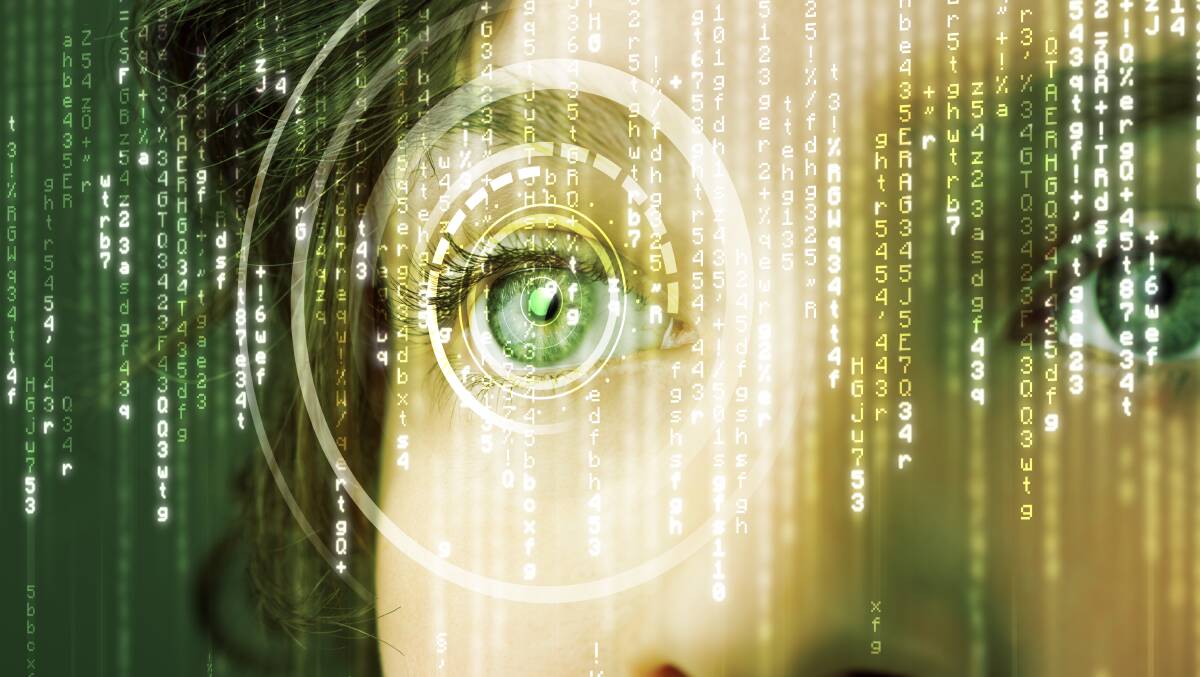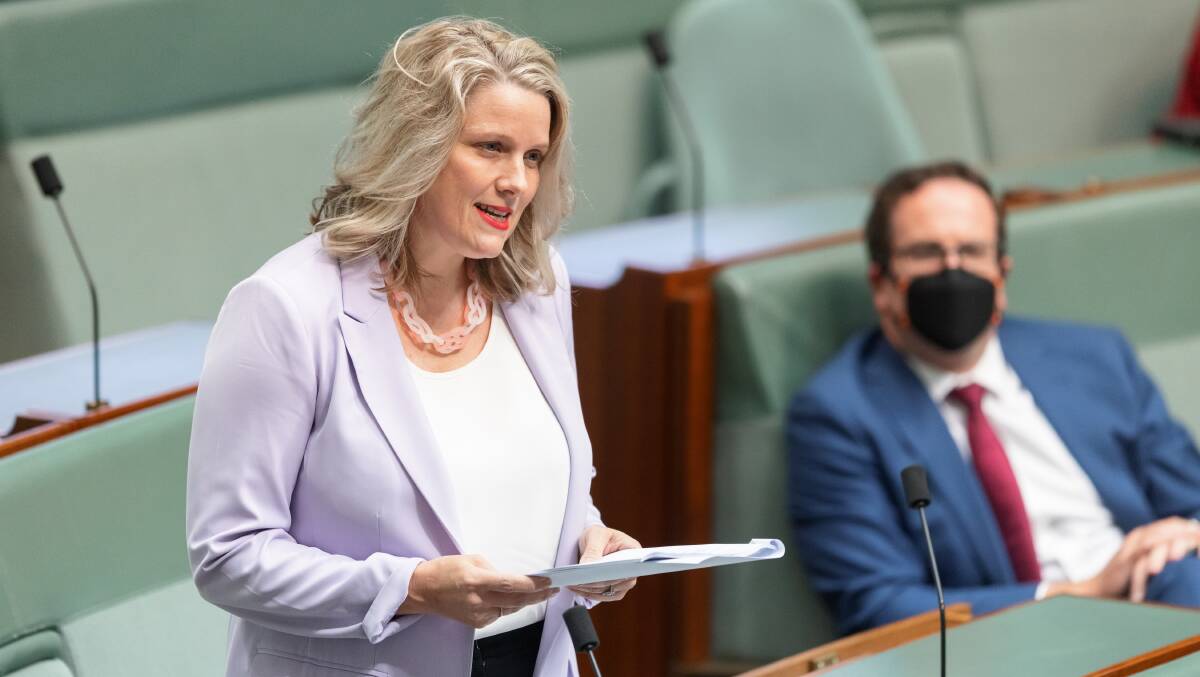
Hair neatly collected into a bun and wearing a tidy, conservative blue business suit, Rachael Greaves doesn't look like a radical.
Subscribe now for unlimited access.
or signup to continue reading
Nor, with a degree in classics and linguistics from the ANU, does she bear much similarity to the traditional image of a tech nerd - a geek, sitting in darkened rooms bathed in the soft yellow-green glow radiating from a bank of computer monitors.
In fact she gives every appearance of being very much a straight-talking, no nonsense, traditional sort of business person. Talk to her about information, however, and she suddenly comes very much alive.
"Data is just numbers," she says.
"Structure it appropriately and you create information. But that's not the same as the third tier, knowledge. This represents the ability to interrogate the data and discover patterns. Every format has its own value, but this transforms data to create a new understanding. It's nascent [something coming into a new form of existence]."
Greaves's company, Castlepoint, does exactly this. It works across different information formats and separate computer systems and uses artificial intelligence to read, register and classify data. This can then be used to reveal previously undetectable linkages.
Take, for example, child protection.
Some two years ago, Launceston paediatric nurse James Griffin committed suicide before facing trial for the abuse of a number of young teenage girls. He'd previously working in a number of different jobs, but although Tasmanian police had been (separately) informed of at least eight potential instances of child abuse in 2009, 2011, 2013 and 2015, Griffin had somehow still passed a 'working with vulnerable people' check. Greaves says what occurred was unconscionable.
"Because of database issues, nobody linked these events together with the result that children were let down," she says, adding it was those most affected, the very people who'd been abused, who became "dis-empowered accessing their own story".
This leads on to the importance of data which she believes holds the key to building information into a narrative. Doing this is about making sense of particular events and occurrences so as to build them into a story. This is precisely what Castlepoint achieves.
Normally, databases exist in splendid isolation, each in their own world, unable to interact with one another. If I understand it correctly - and as a journalist I'm a storymaker, rather than a techie - what Greaves and her partner Gavin McKay have done, is something that hasn't been achieved anywhere else.
That's why she's just back from the US, where she's been speaking to organisations that have a need to attempt to build broader narratives out of events so they can make sense of what's going on. What Castlepoint won't do, however, is work with gambling, fossil fuel, or tobacco companies, and this reveals the enormous danger of placing tools like this in the wrong hands. The importance of this isn't the tech but rather how it might be misused.
The ability to interrogate databases to find links allows raw detail to be seen in a new way. What makes it so special is it can do this by discovering connections you may suspect but be unable to prove, such as patterns between vaping, age and socioeconomic groupings.
While the information itself is neutral and simply lets us know what is happening, it's equally vital it isn't used to target people vulnerable to such exploitation. Information is a weapon. It can be just as deadly as a pistol but our ability to understand and regulate its use remains in its infancy.
A recent article by Bjrn Alpermann in the ANU's China Story newsletter reflected on the ethics of social science research, considering exactly how critical this can be in a contested social and cultural context.
The concerns Alpermann expressed were theoretical as he pondered how academic data research might be used by, in his case, an authoritarian 'party-state'. Similar concerns are, however, being being currently expressed by advocates of birth control in a very different context.
The recent US Supreme Court decision to restrict abortion rights across what will effectively be wide swathes of the country's south leaves open the possibility some states may attempt to further control individual rights.

Until recently our understanding of information rights has been partial because it has been impossible to conceive of just how extensively data can be transformed into deeper understandings. This sort of failure to engage with the capability of technology until now has represented a continuing weakness of our political environment.
It's as if because the cyber creators lacked fluorescent yellow vests for photo opportunities, politicians couldn't see them. Anthony Albanese has changed this by giving cabinet rank to the newly appointed Cyber-security Minister, Clare O'Neil.
That's a strong start for a job already central to our future. At least O'Neil is a thinker, not afraid to write a book or engage with creative dynamos like Greaves. If Australia is to retain the particular features that make this the sort of society we want to live in, it's vital to engage with these new technologies in a positive way.
READ MORE NICHOLAS STUART COLUMNS:
Real insight is about putting two ideas together and creating something new. It's not the sort of thing we, as humans, do very well. Our usual approach is to build an entire new system from the ground up.
That's what we're doing, for example, with our Health records. A bureaucrat thought wouldn't it be a good idea to display Medicare numbers on vaccination certificates? Completely ignoring the fact these would be then shared and recorded visually by businesses. How long will it be before linked names and numbers appear for sale on the dark web so they can be on-sold to addicts wanting things like drug prescriptions?
Greaves is aware of the dangers of threats like this that can compromise the integrity of the system. We need to ensure people like her remain a step in front of the threat.
- Nicholas Stuart is a Canberra writer and editor-in-chief at ability.news.


